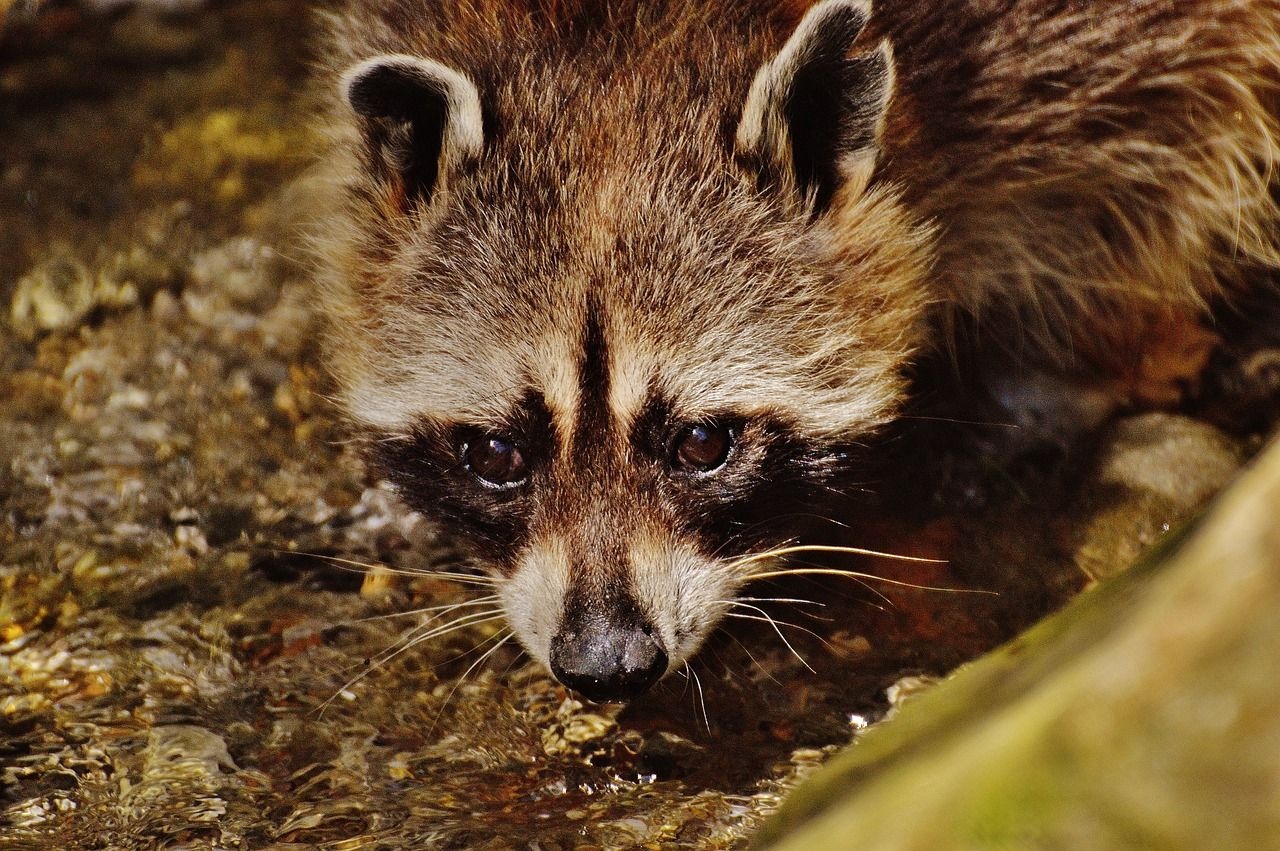
Common signs that a raccoon or other wild animal is infected with the rabies virus include agitation, disorientation, excessively drooling, wobbling when walking and biting or snapping at people or objects. (Stock photo)
Dover, Ohio - Area public health officials are alerting the public of another that another rabies positive raccoon was found in Tuscarawas County.
Tuscarawas County Health Commissioner Katie Seward says this raccoon was collected over the weekend on Mud Lick Road NE in Warren Township. The raccoon was the fourth to test positive for the virus in Tuscarawas County and the third in Warren Township. She says the cases signify an immediate and potential threat of raccoon rabies variant to new areas of eastern and central Ohio.
Seward says the Tuscarawas Health Department will continue its work with the Ohio Department of Agriculture to perform enhanced surveillance sample collections near the areas where the rabid raccoons were found. They're asking residents to continue reporting any animals displaying strange behavior in Tuscarawas County and surrounding areas to the Tuscarawas County Health Department by calling 330-343-5550 or emailing director@tchdnow.org.
Common signs that a raccoon or other wild animal has rabies include agitation, disorientation, excessively drooling, wobbling when walking and biting or snapping at people or objects.
Officials are also reiterating the importance of pet owners about having their pets vaccinated against the virus, even those that are kept indoors.
In addition to the four raccoon rabies cases so far in Tuscarawas County, two raccoons from Carroll County have tested positive for the virus, both in the Sherrodsville area. The New Philadelphia City Health Department also had several bats that tested positive for the virus over the summer. All of those animals except for one had interactions with pets.
Seward notes that the only way a pet can be tested for rabies after a possible exposure is via brain tissue collected after elective euthanasia. If pets are not vaccinated and the owners do not wish to have them euthanized for testing, the animal must be placed in quarantine of 45 days to 6 months.
